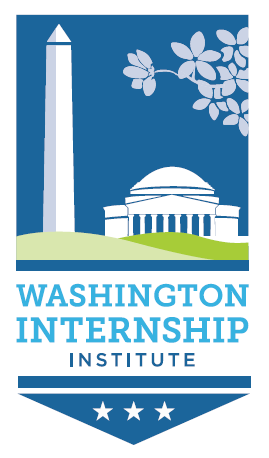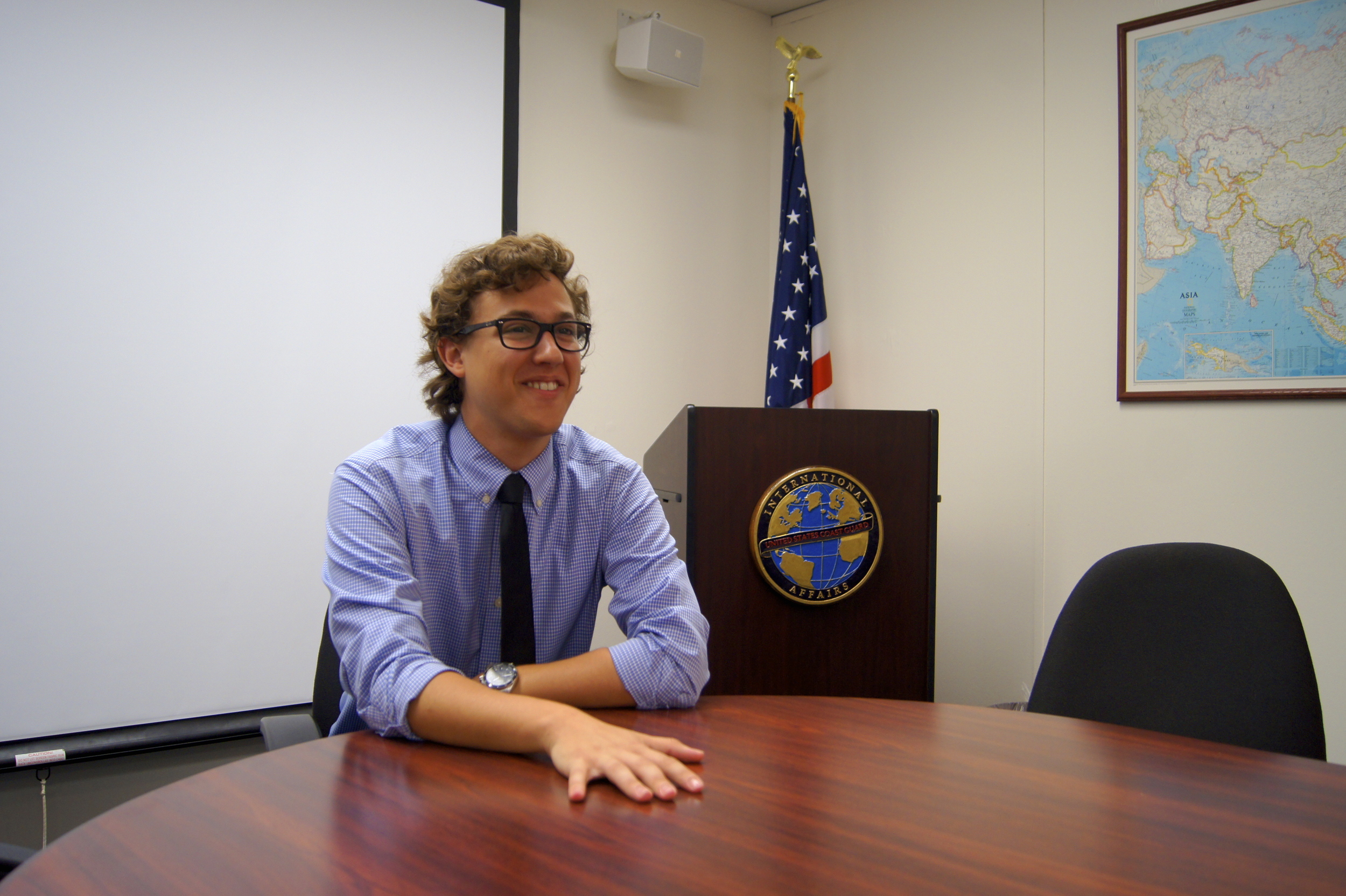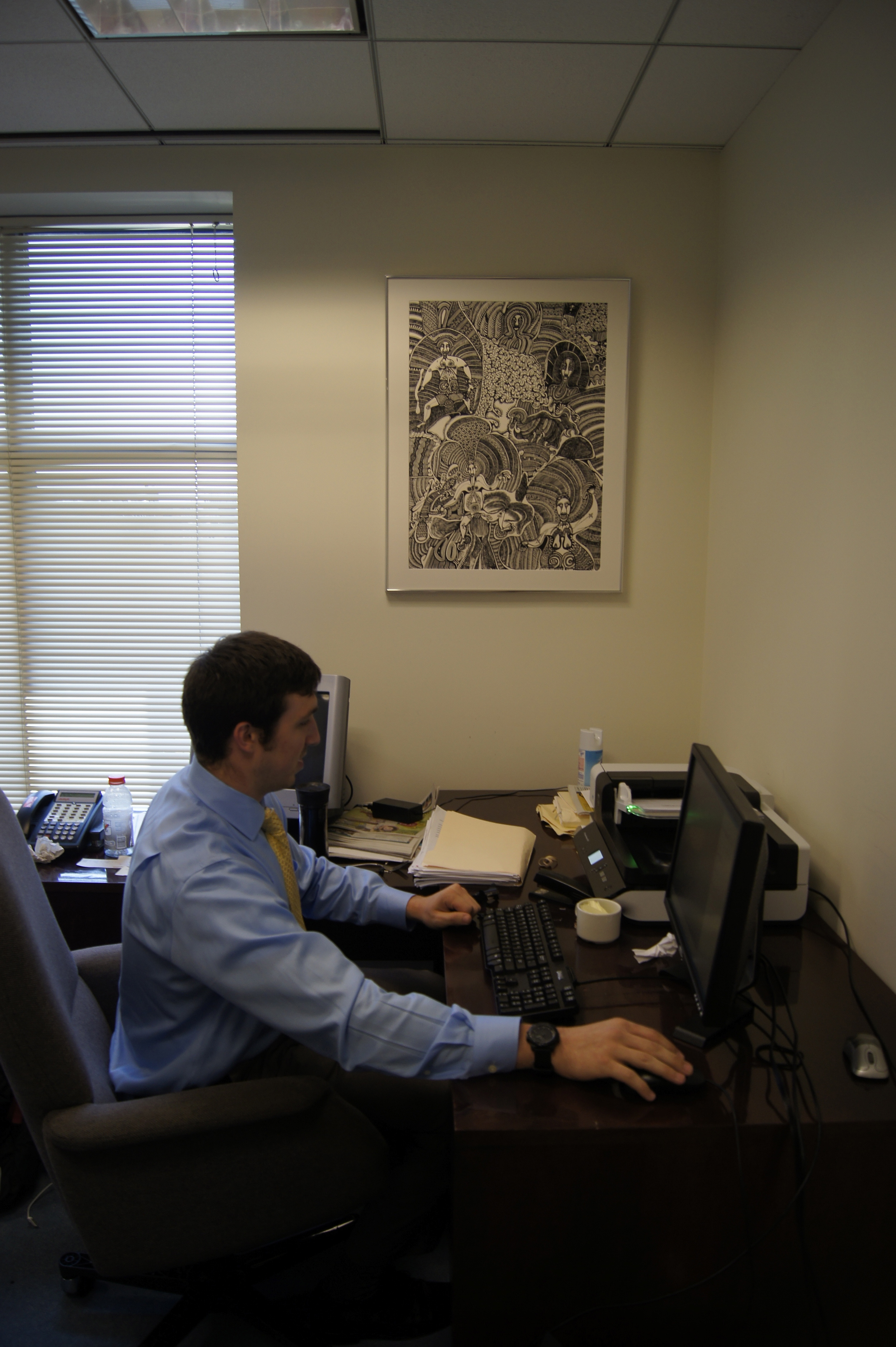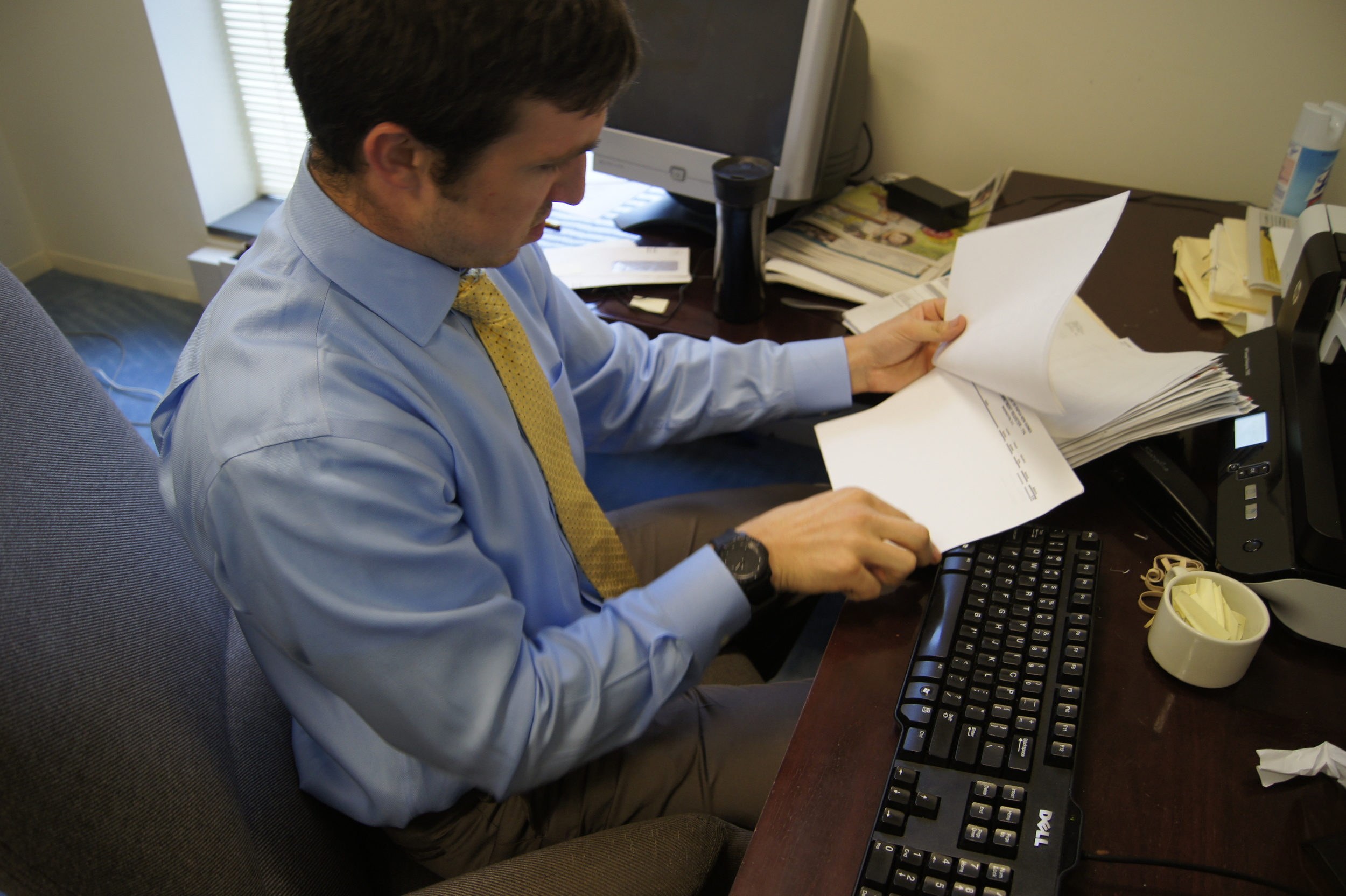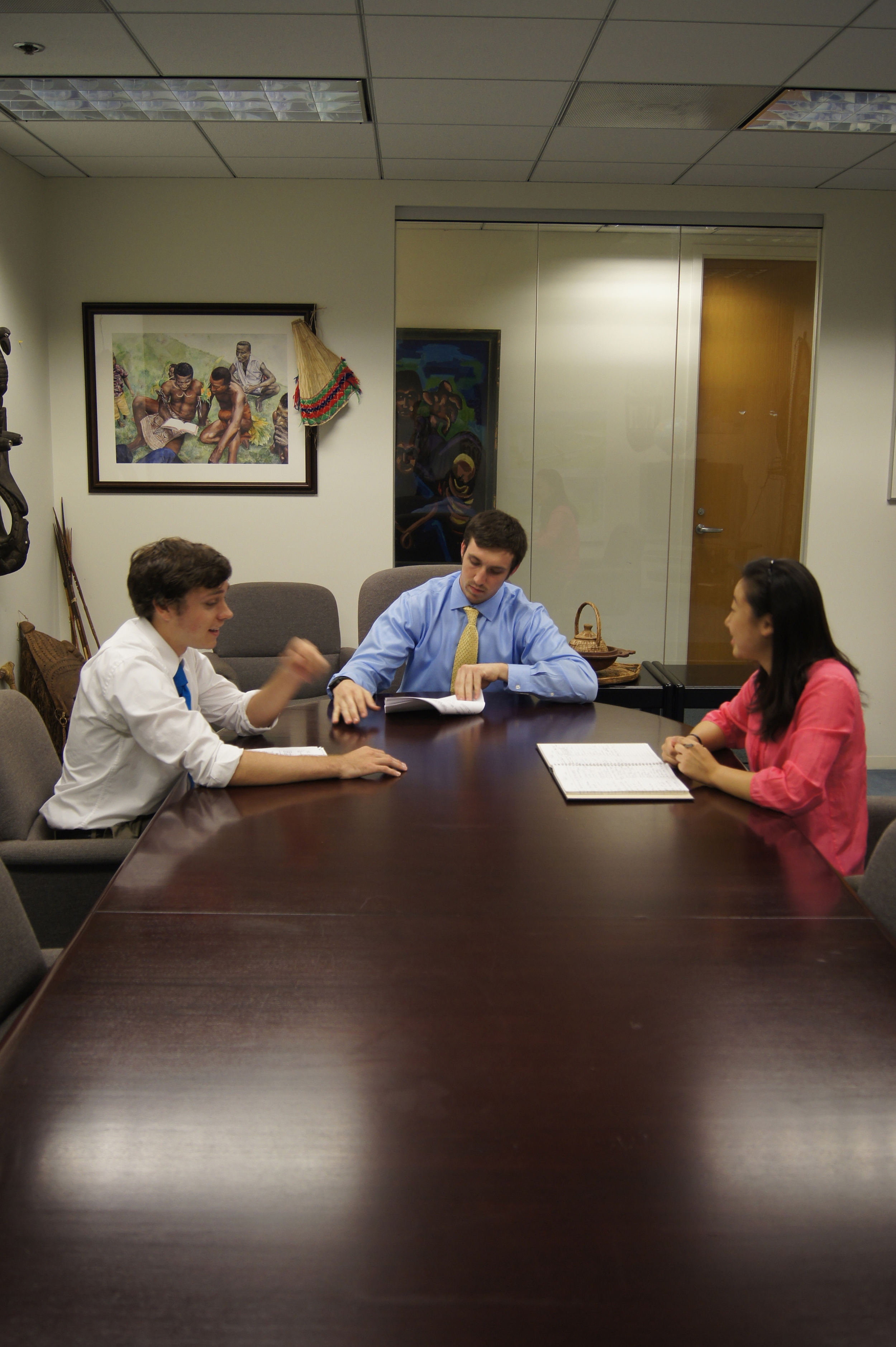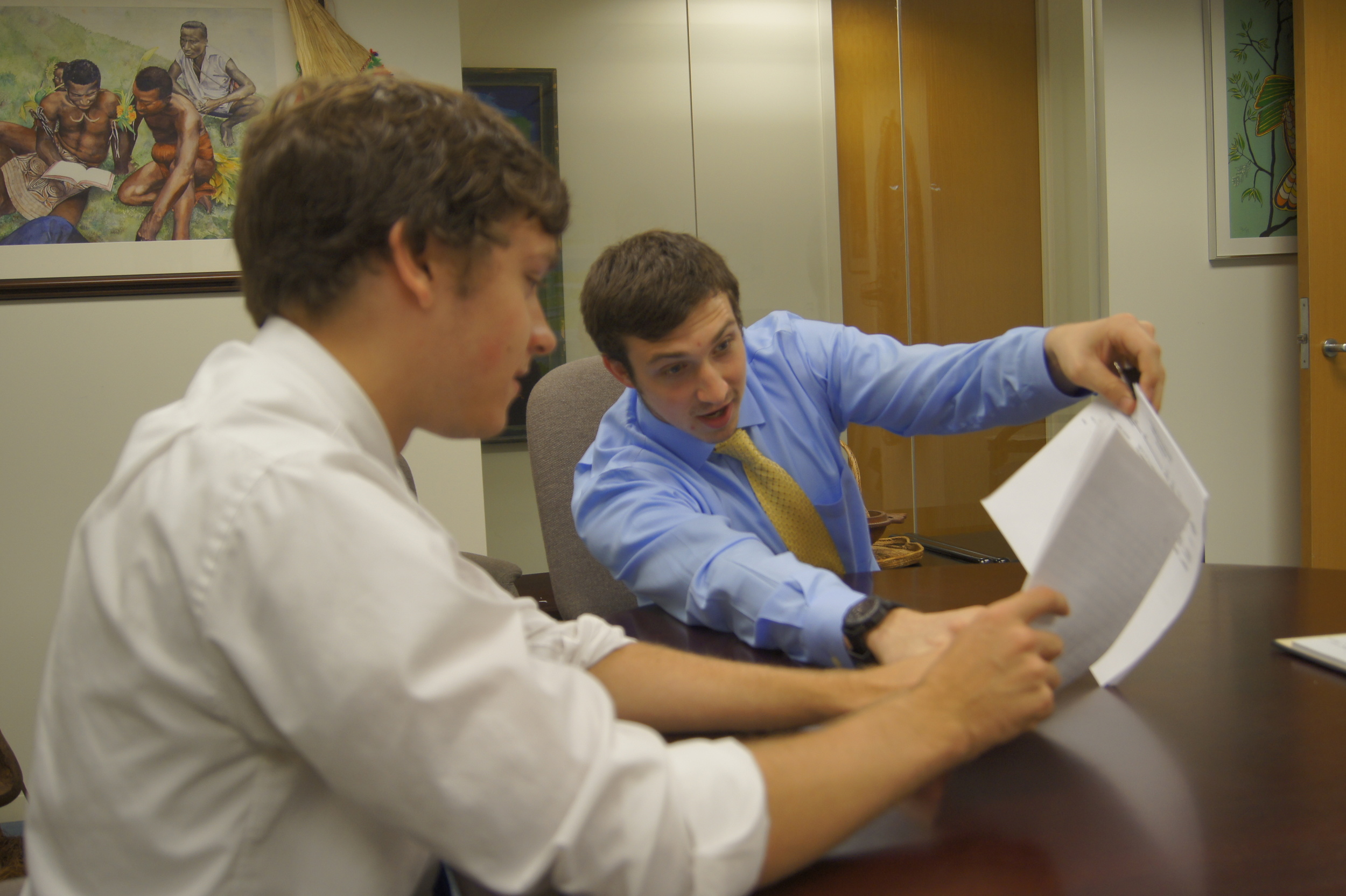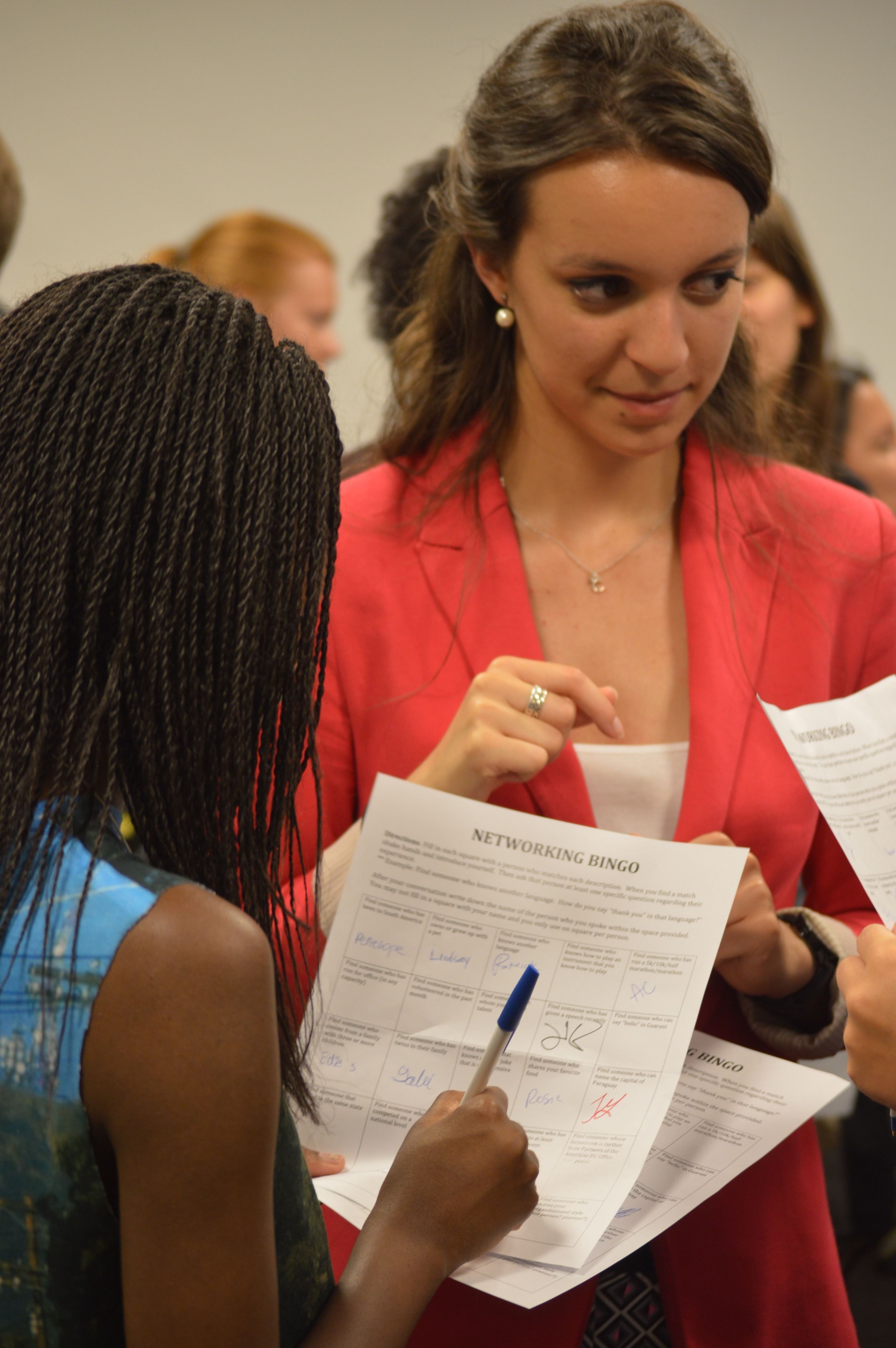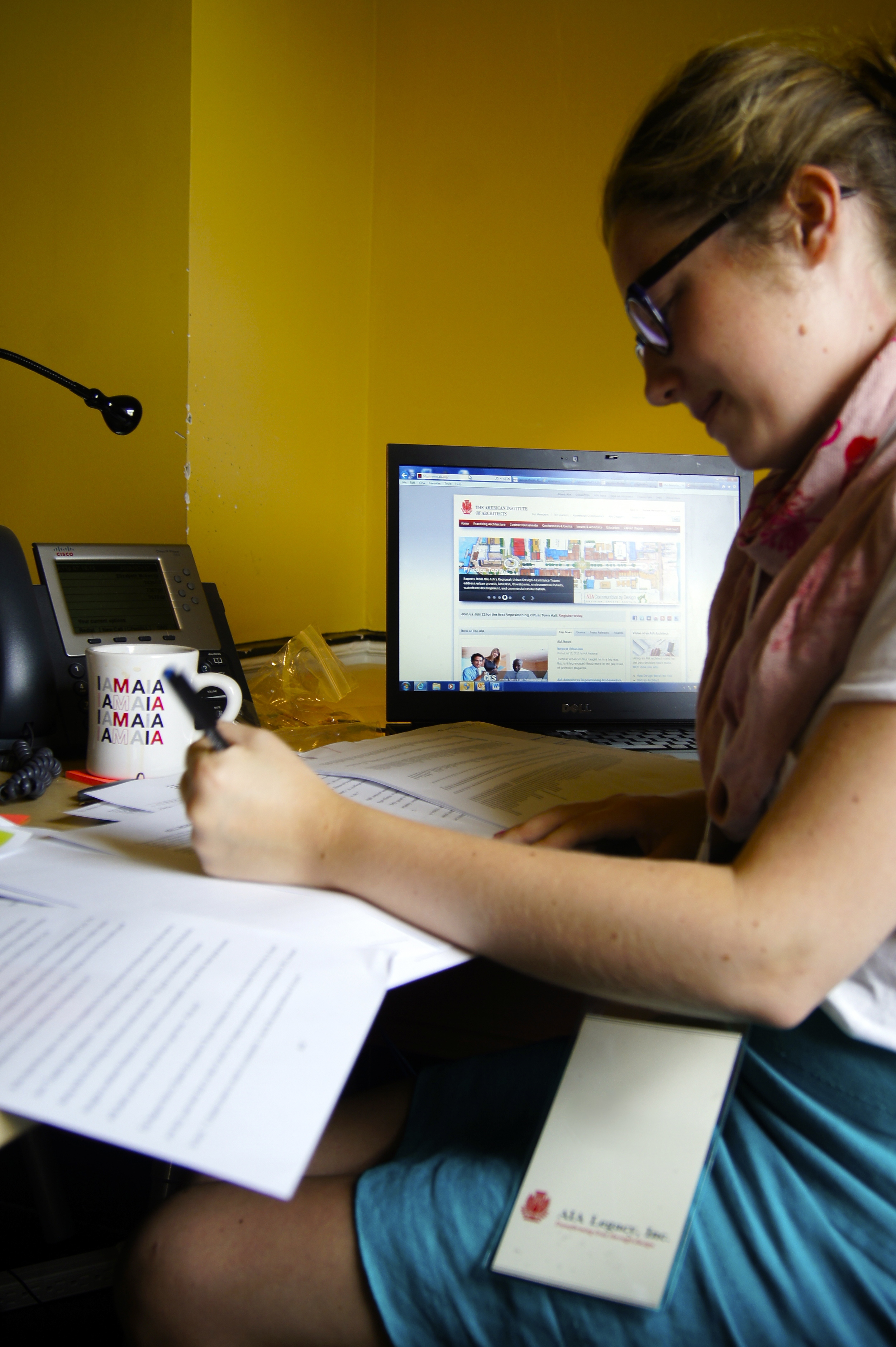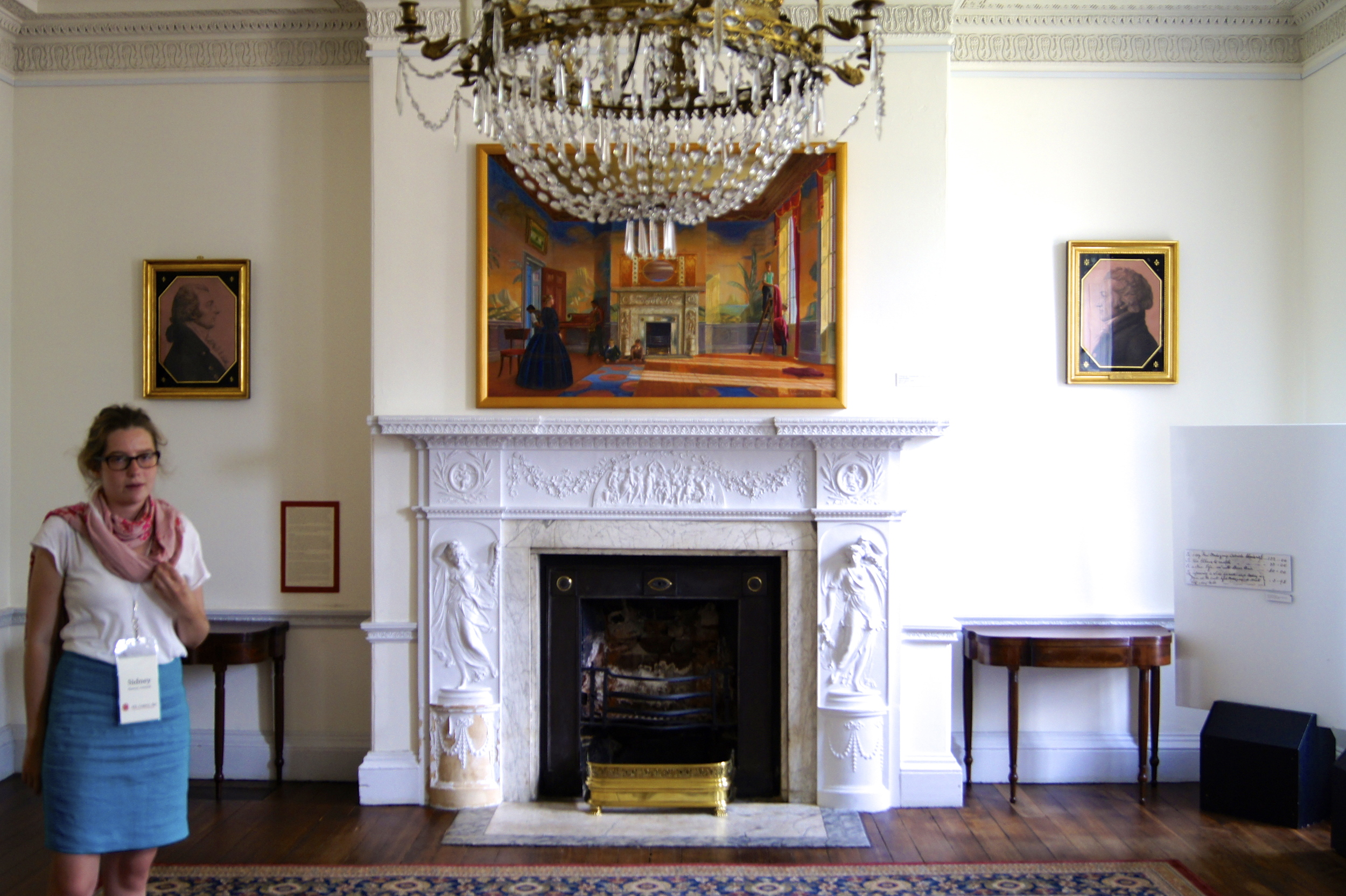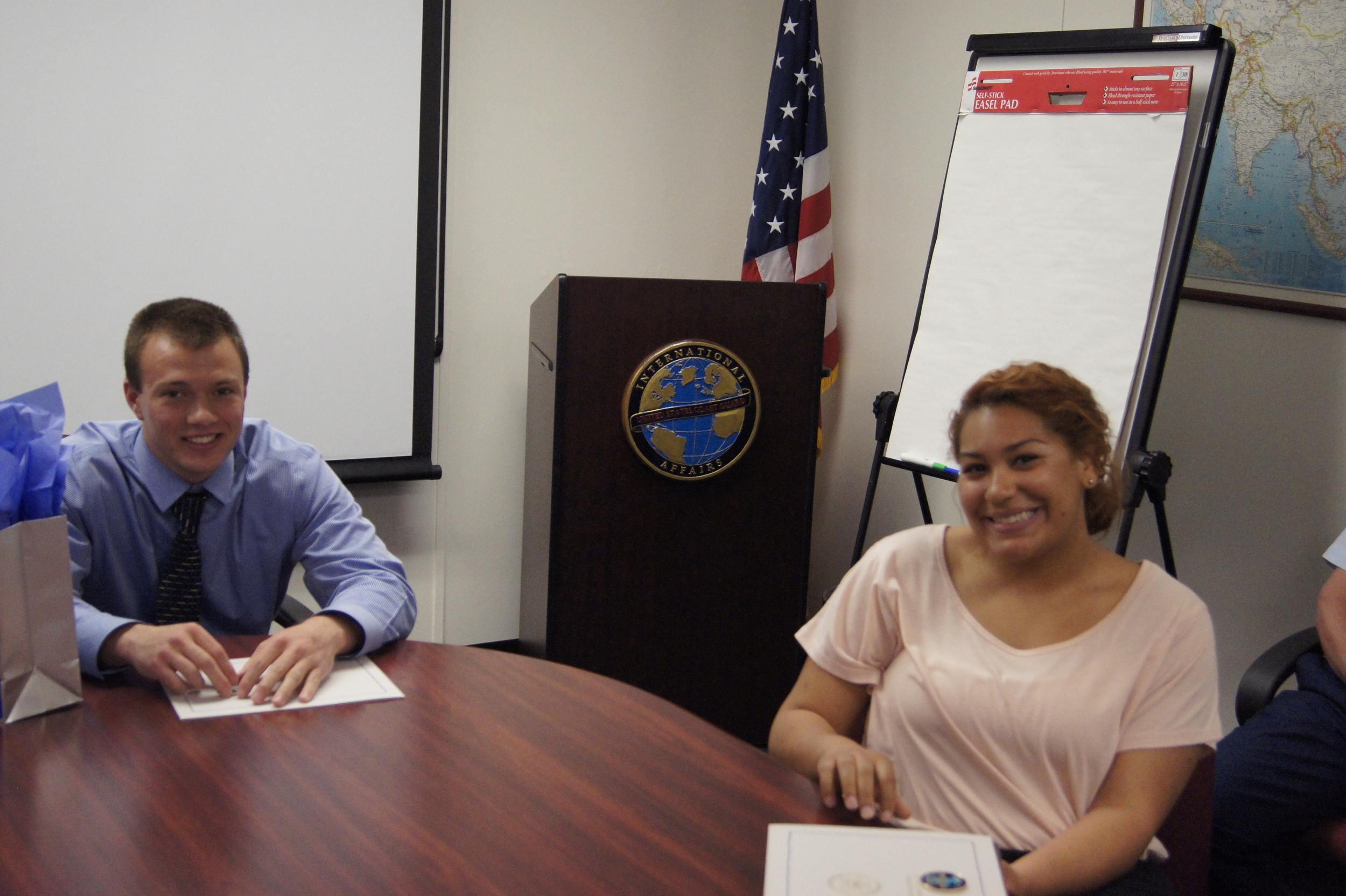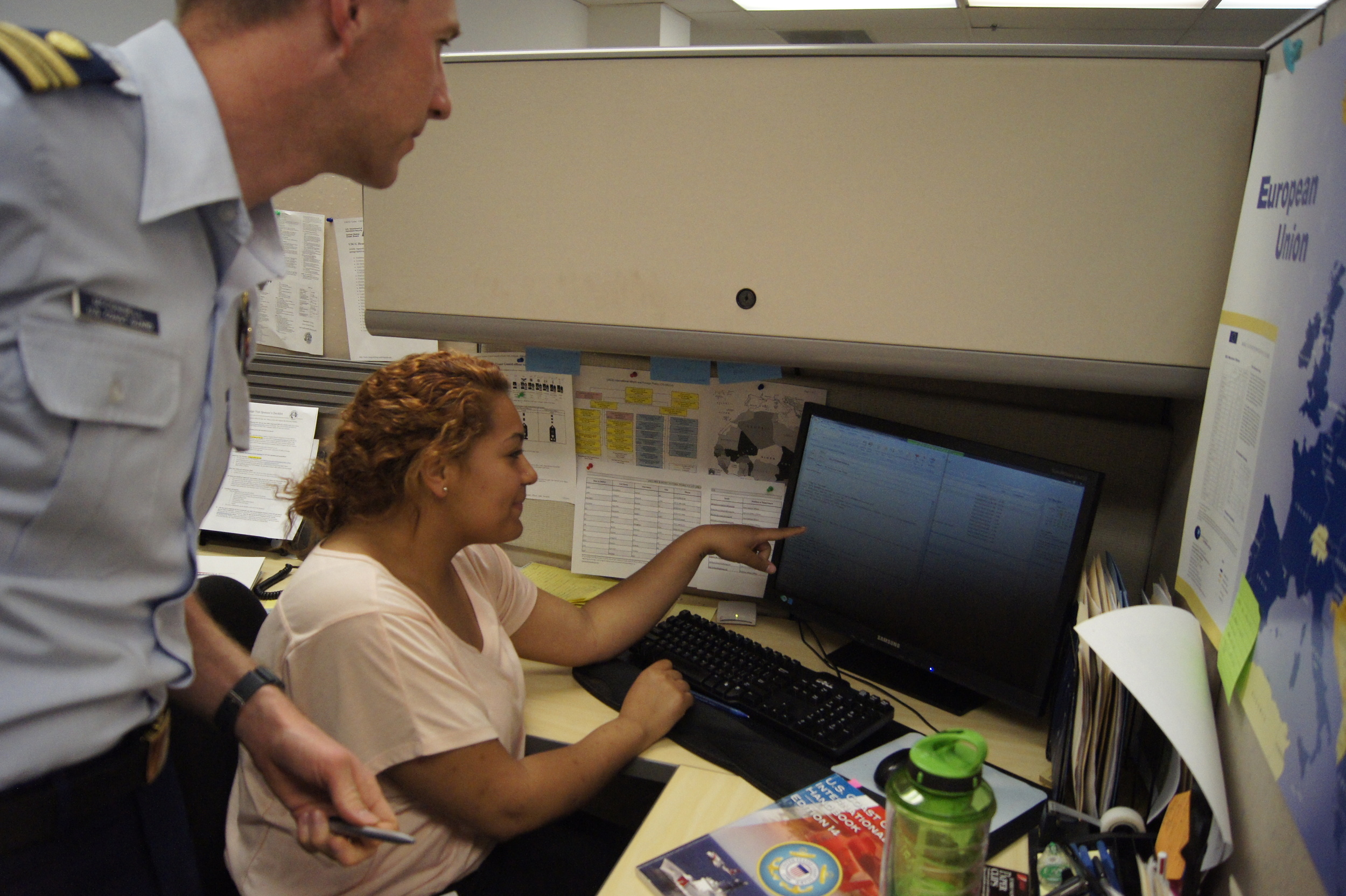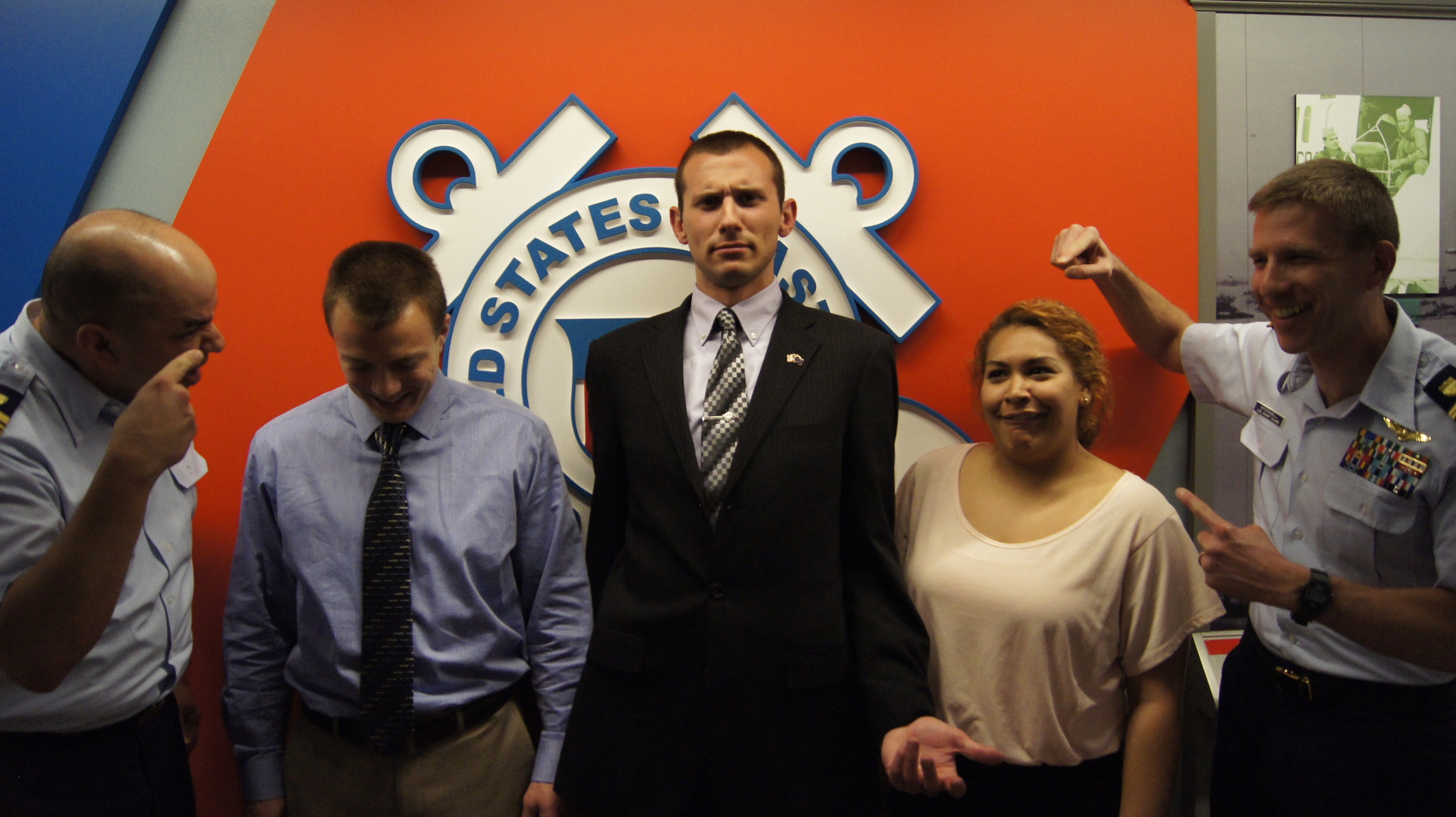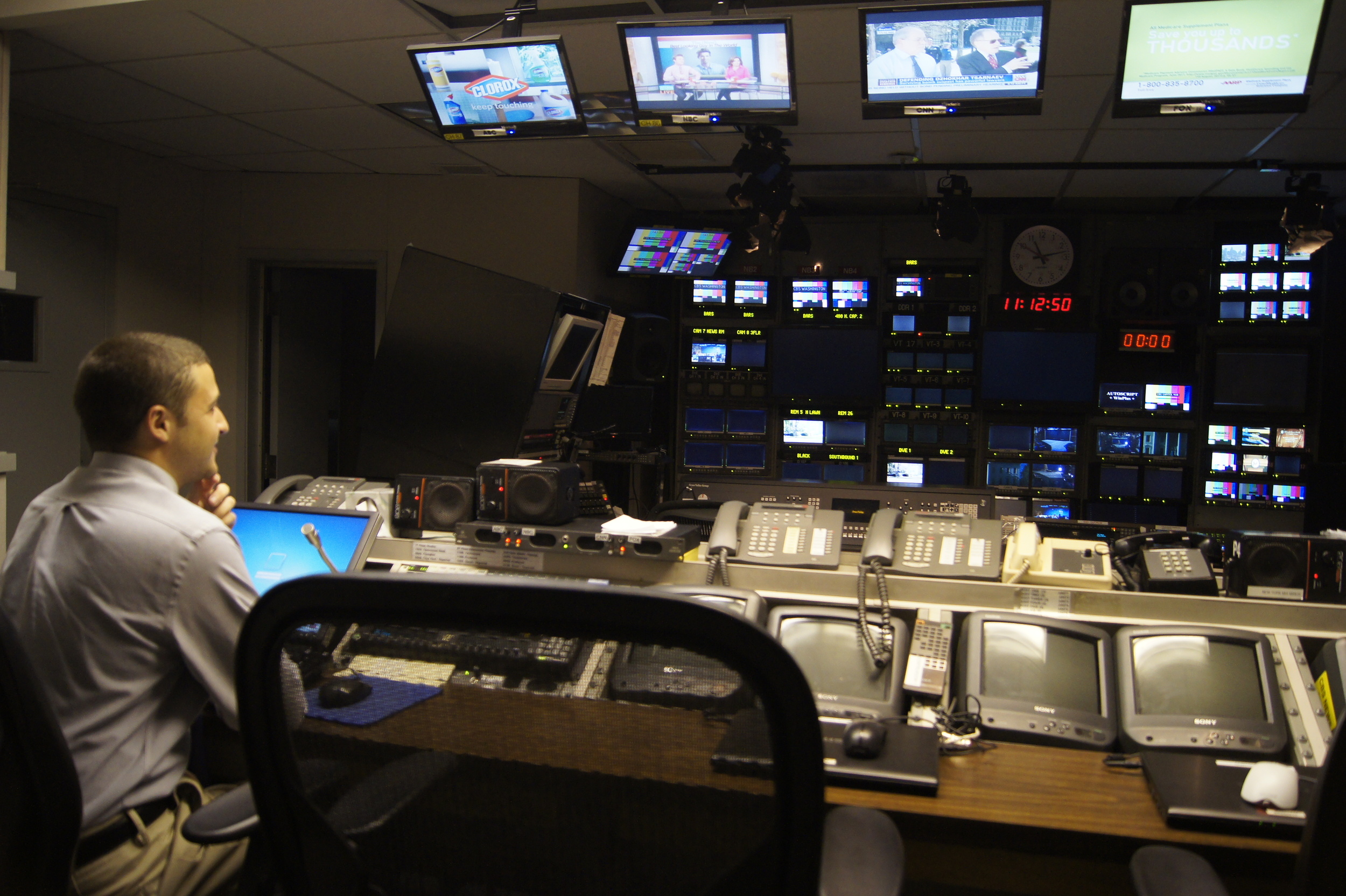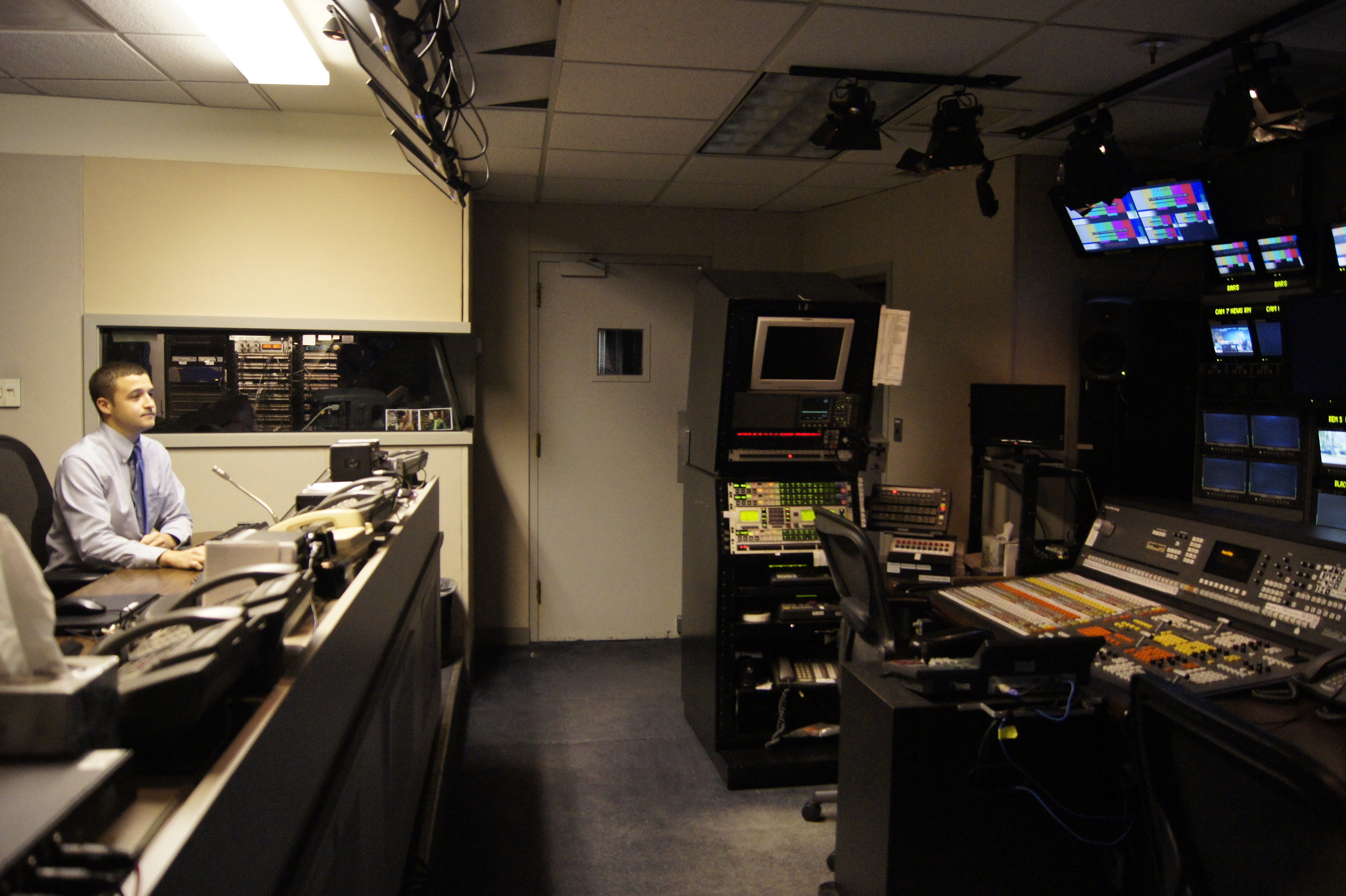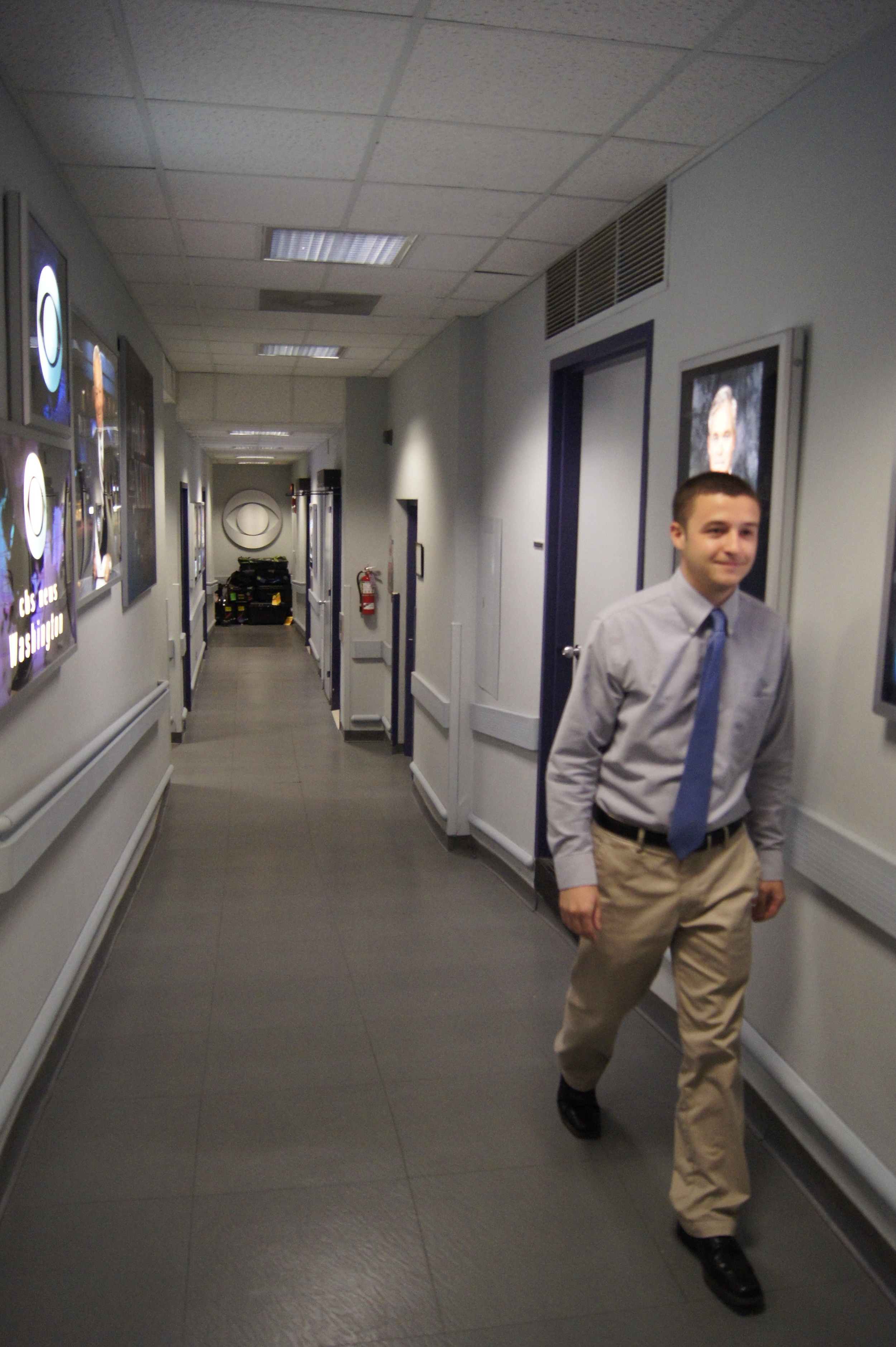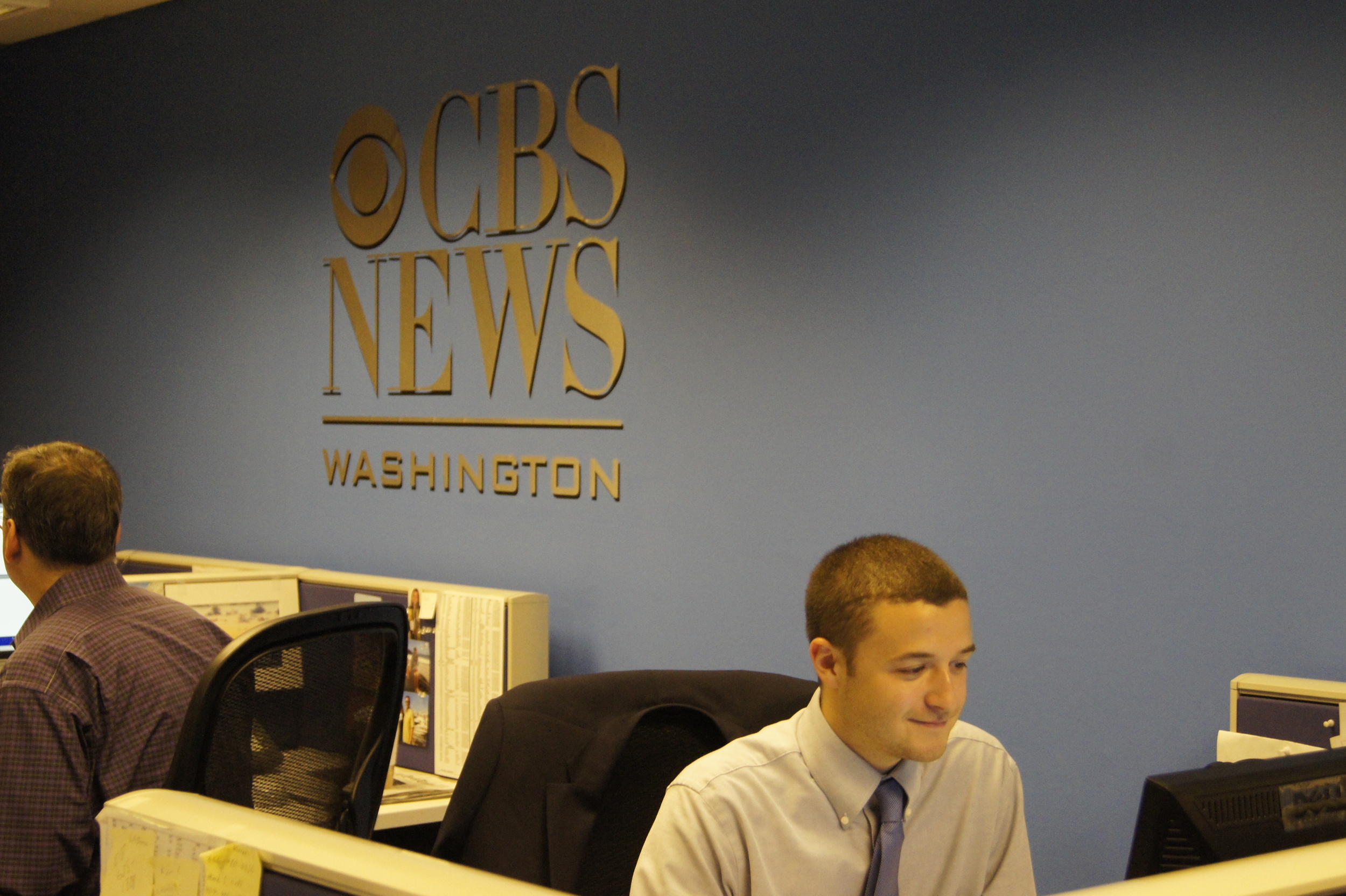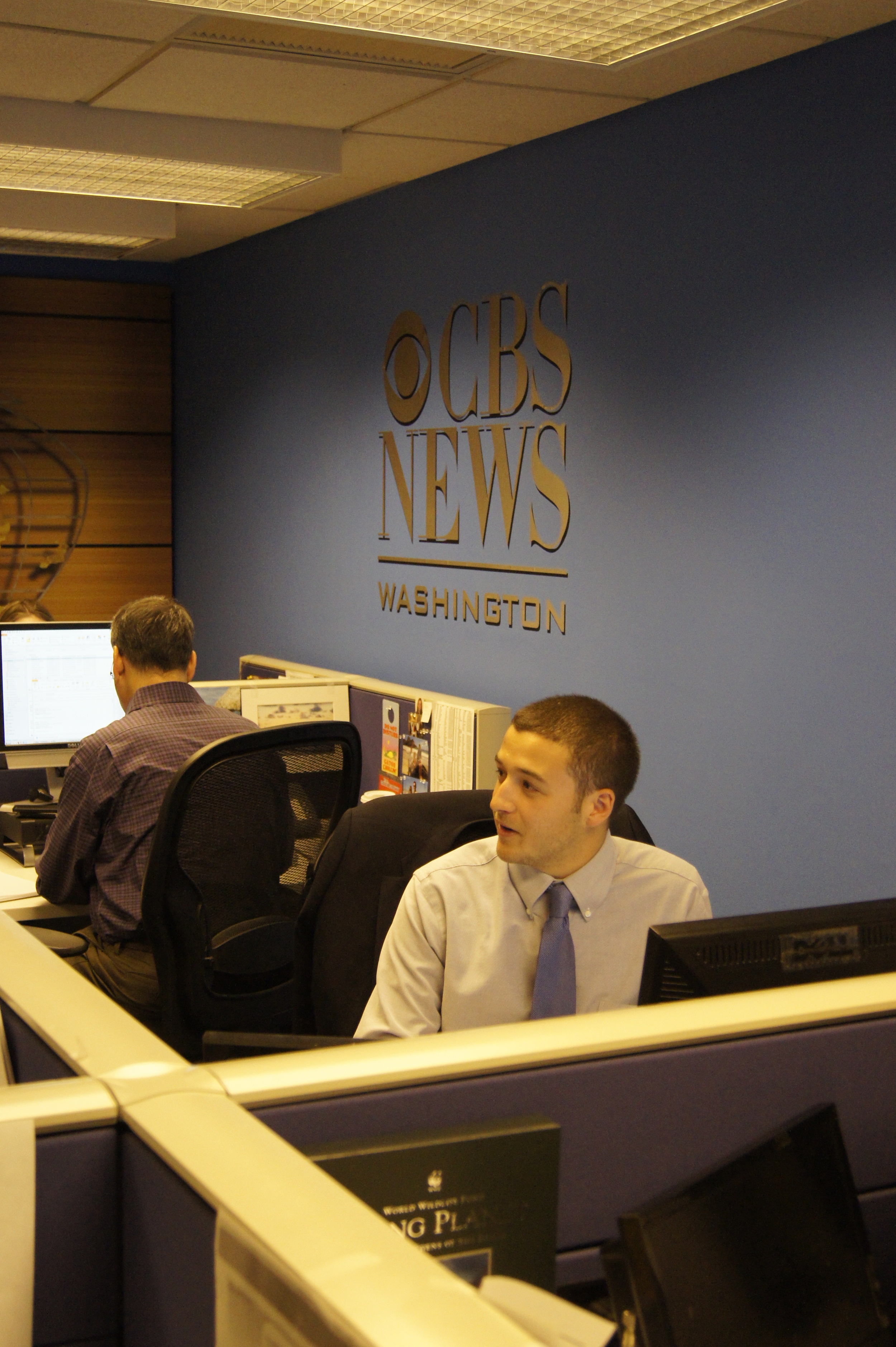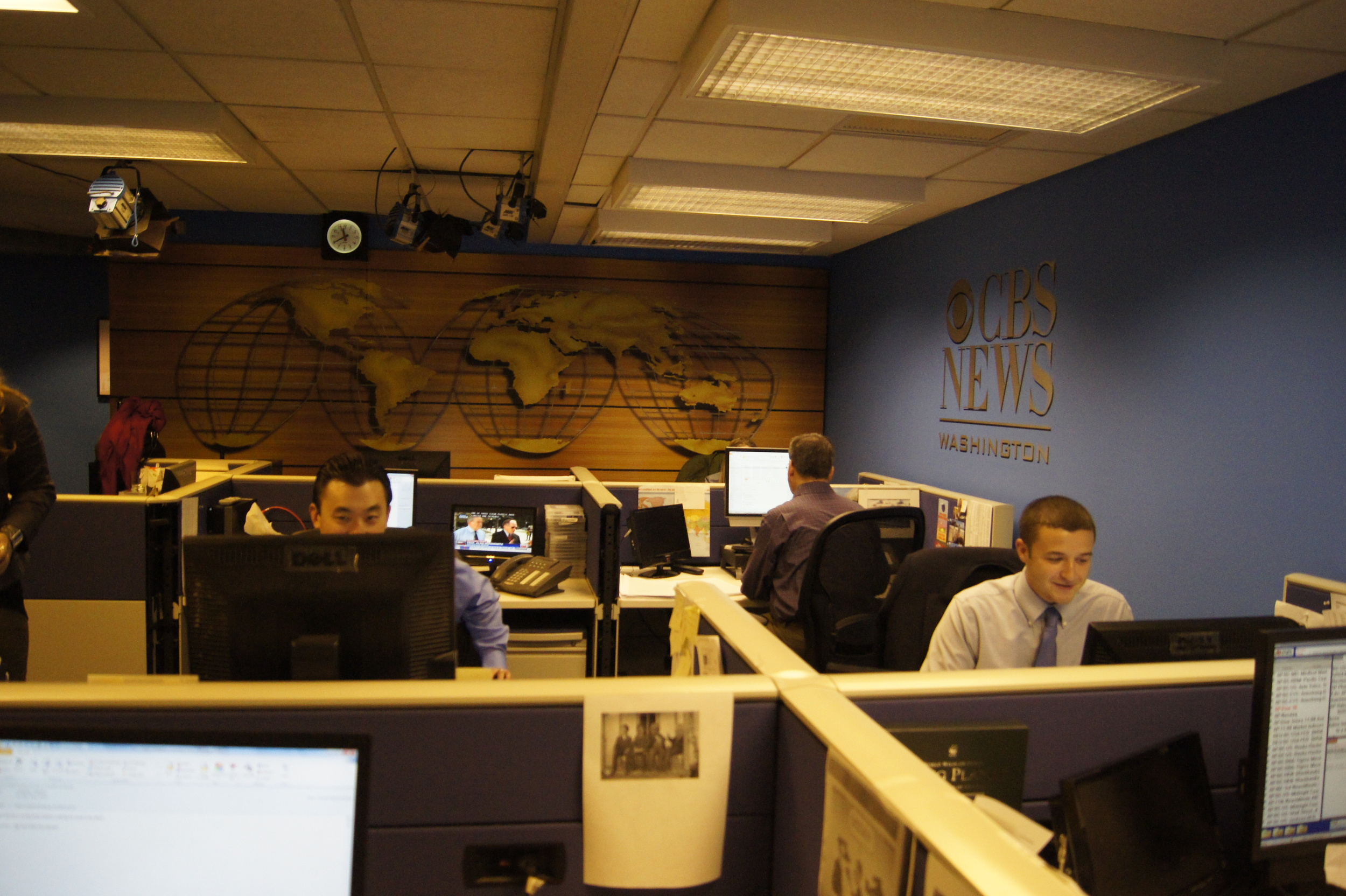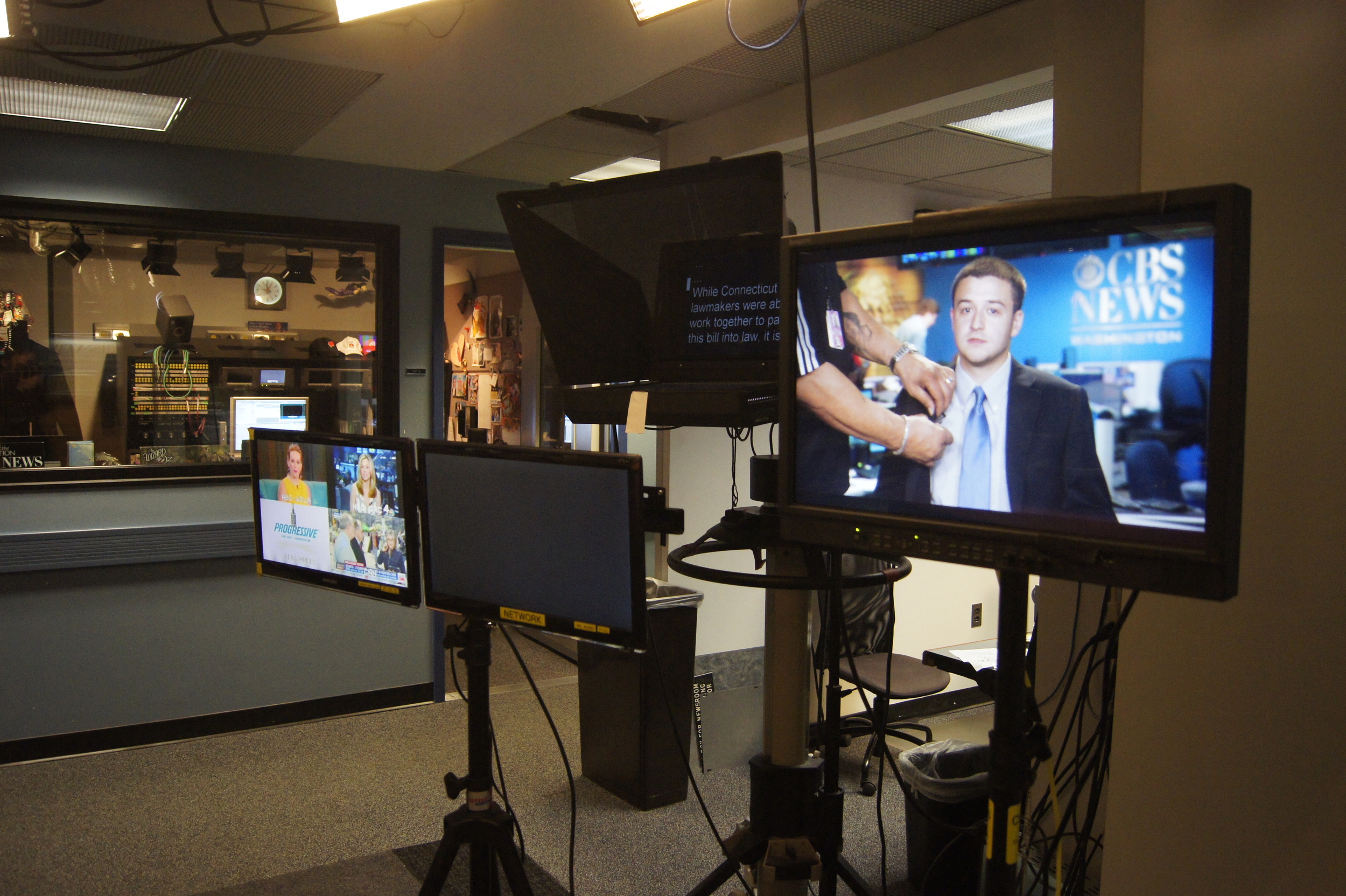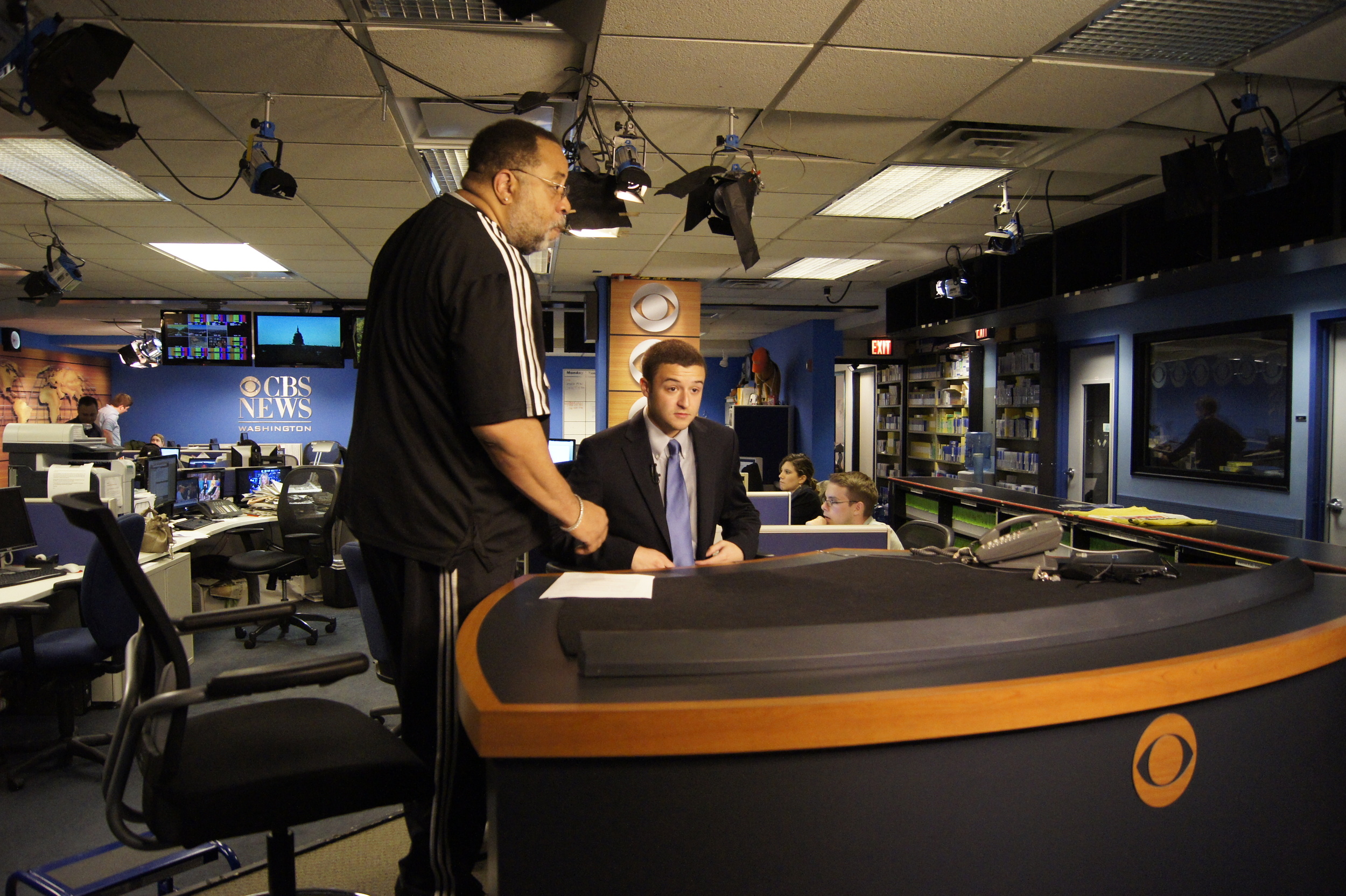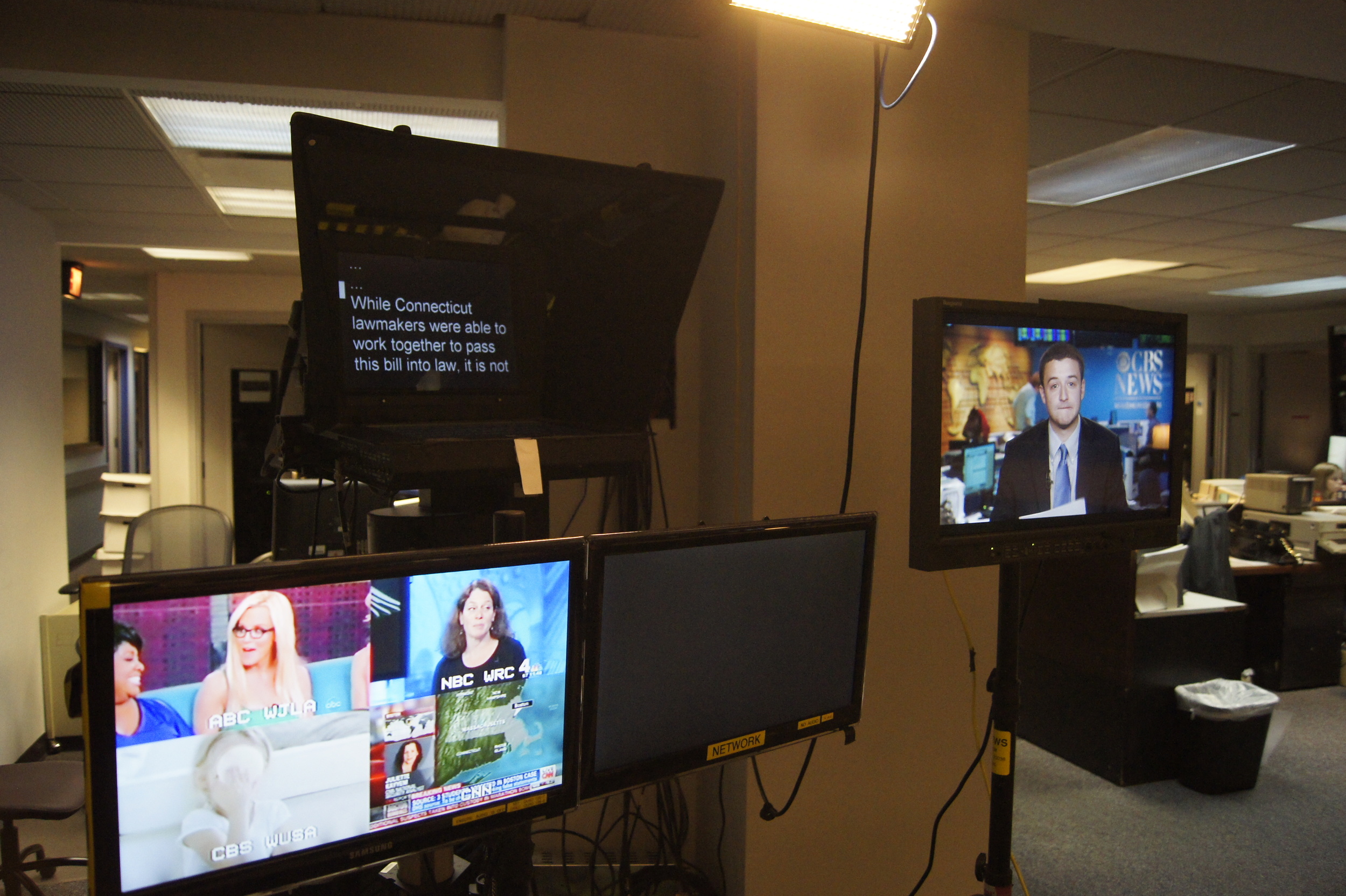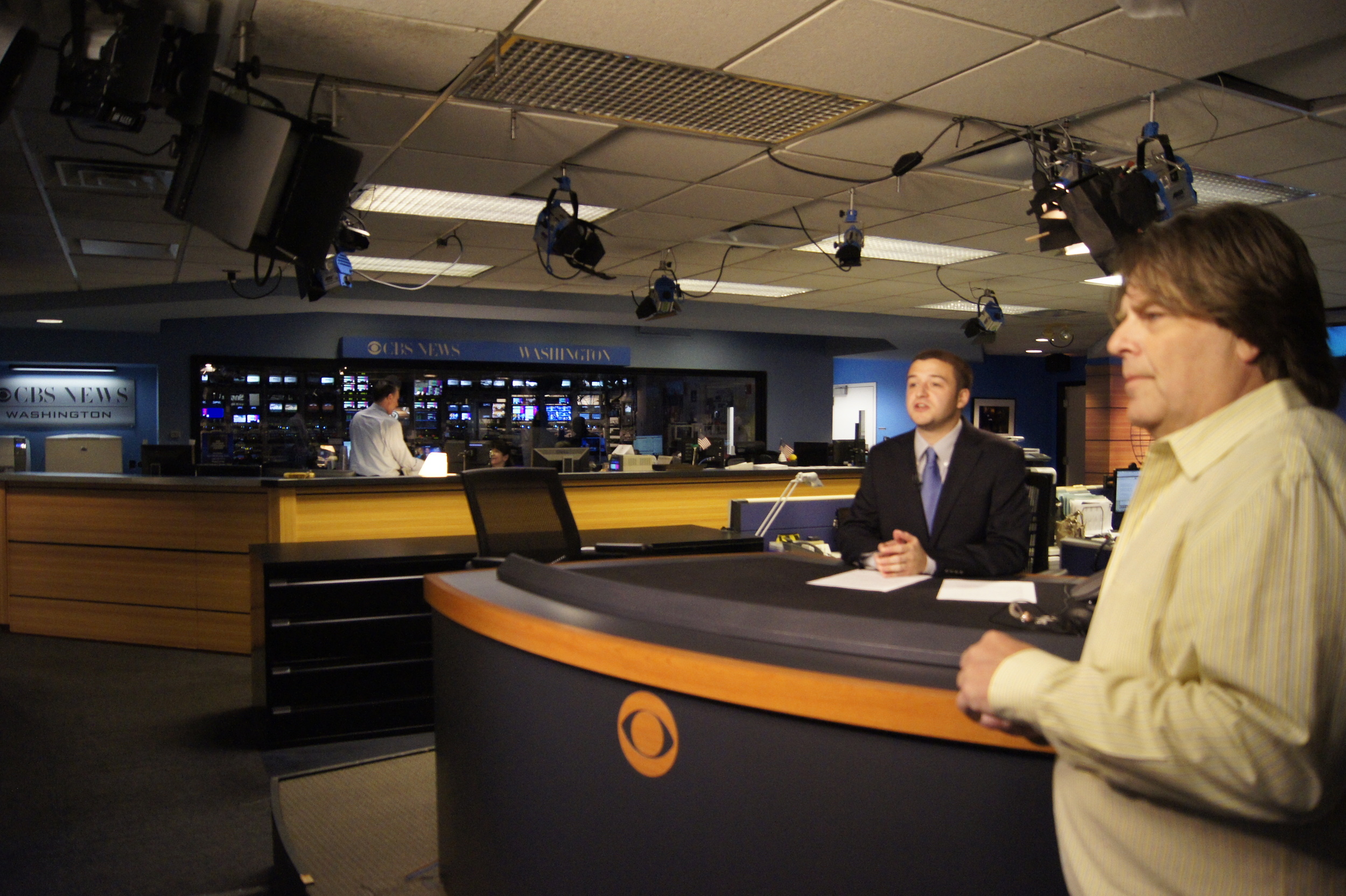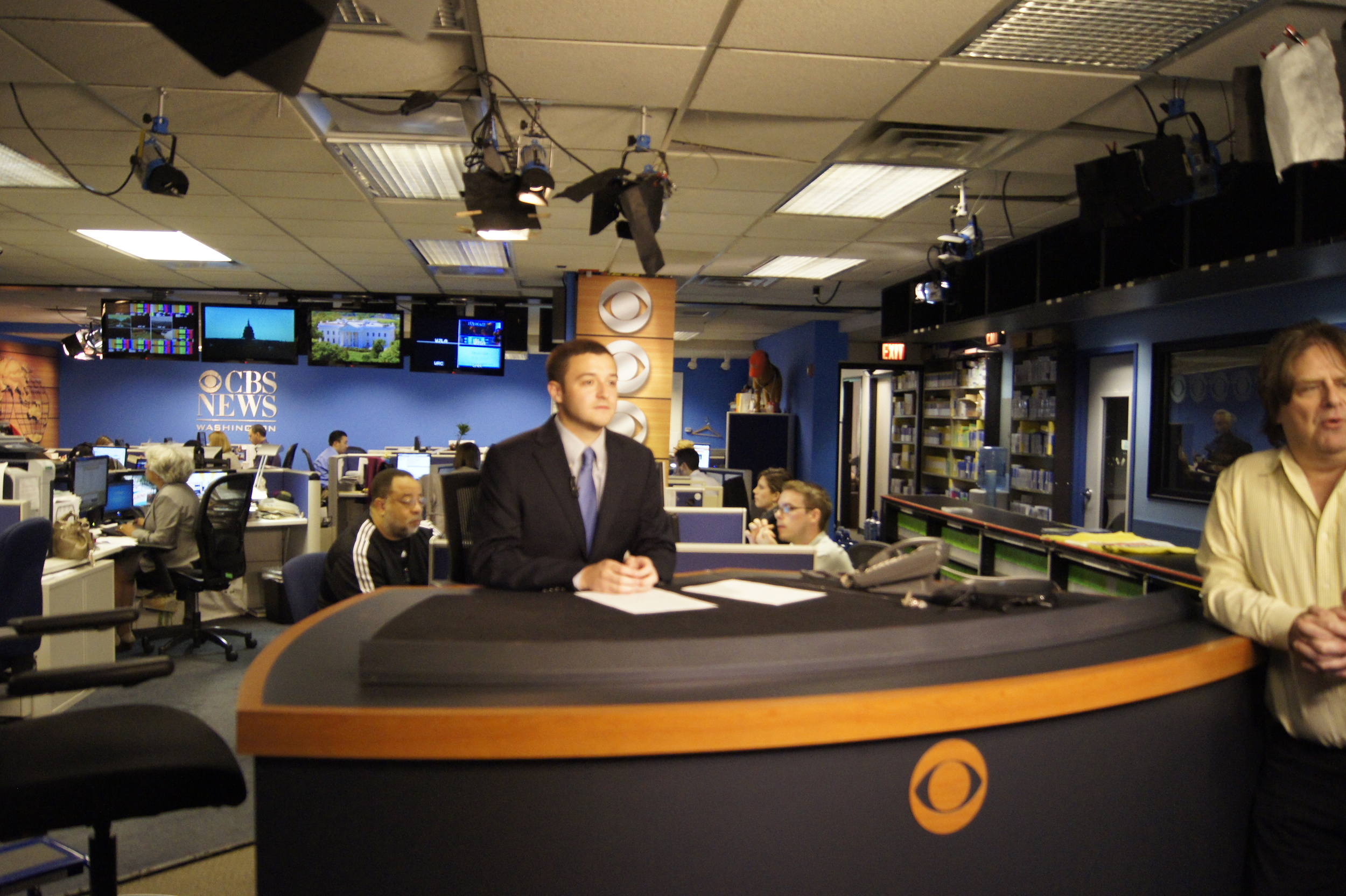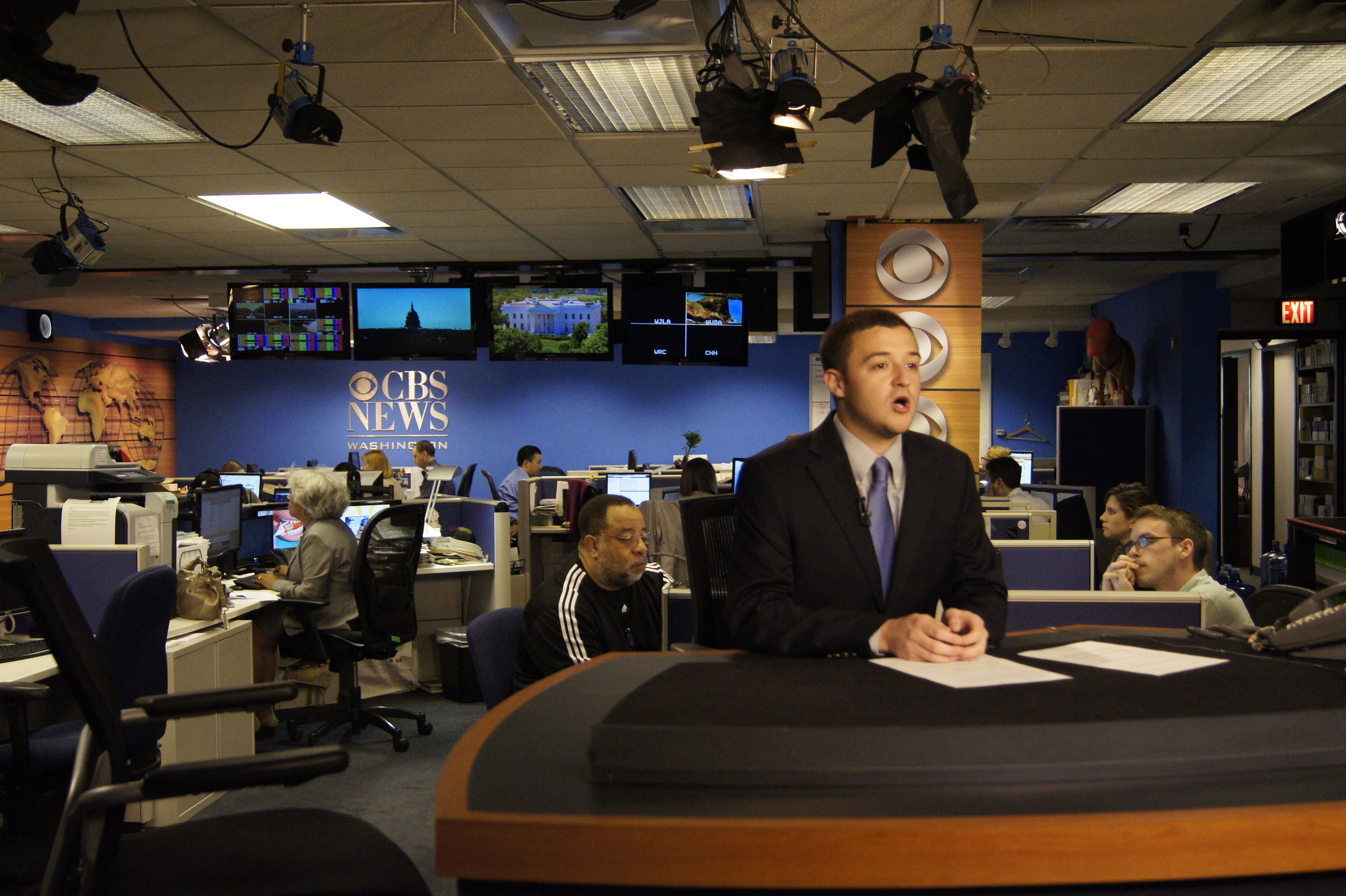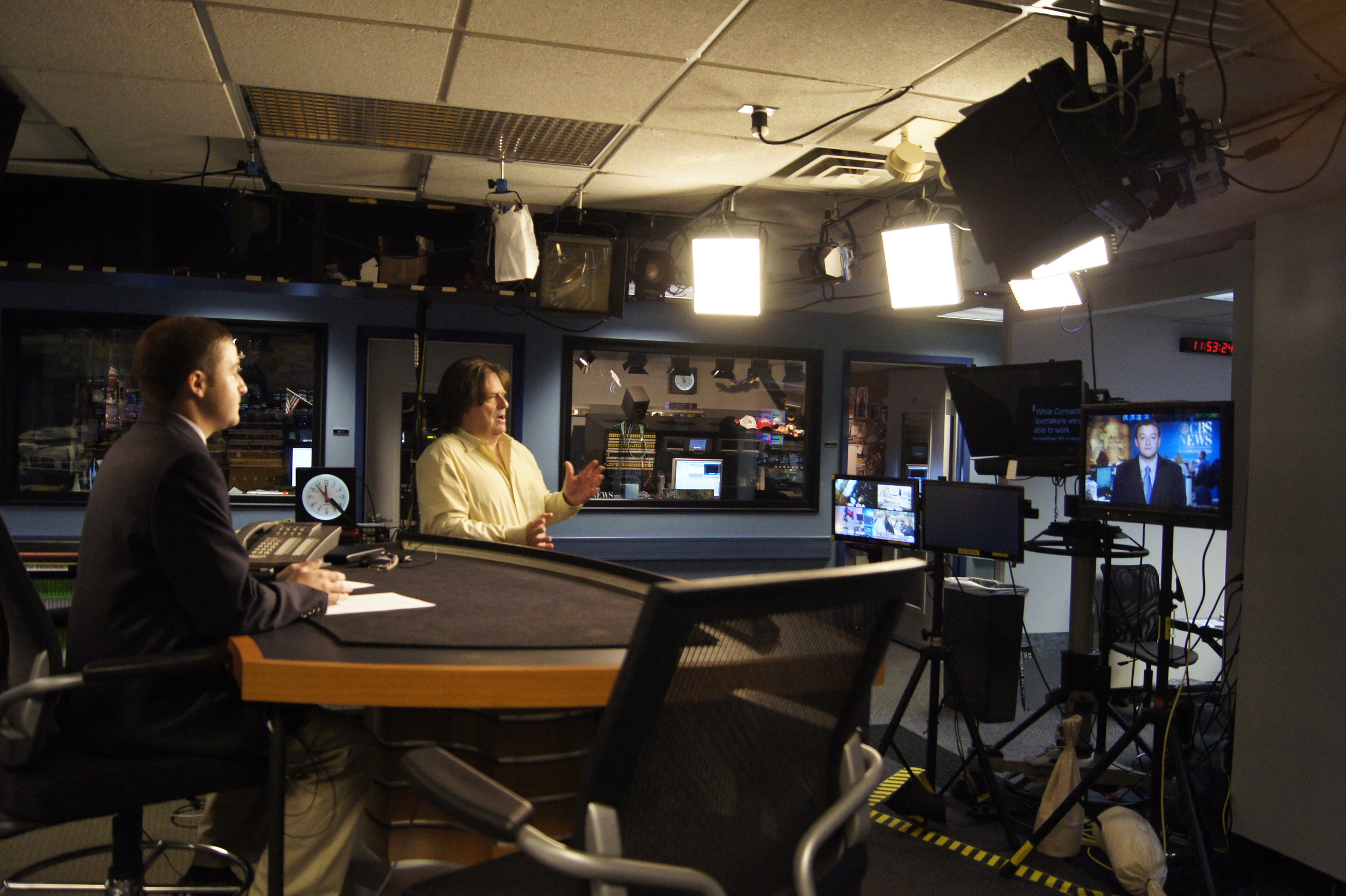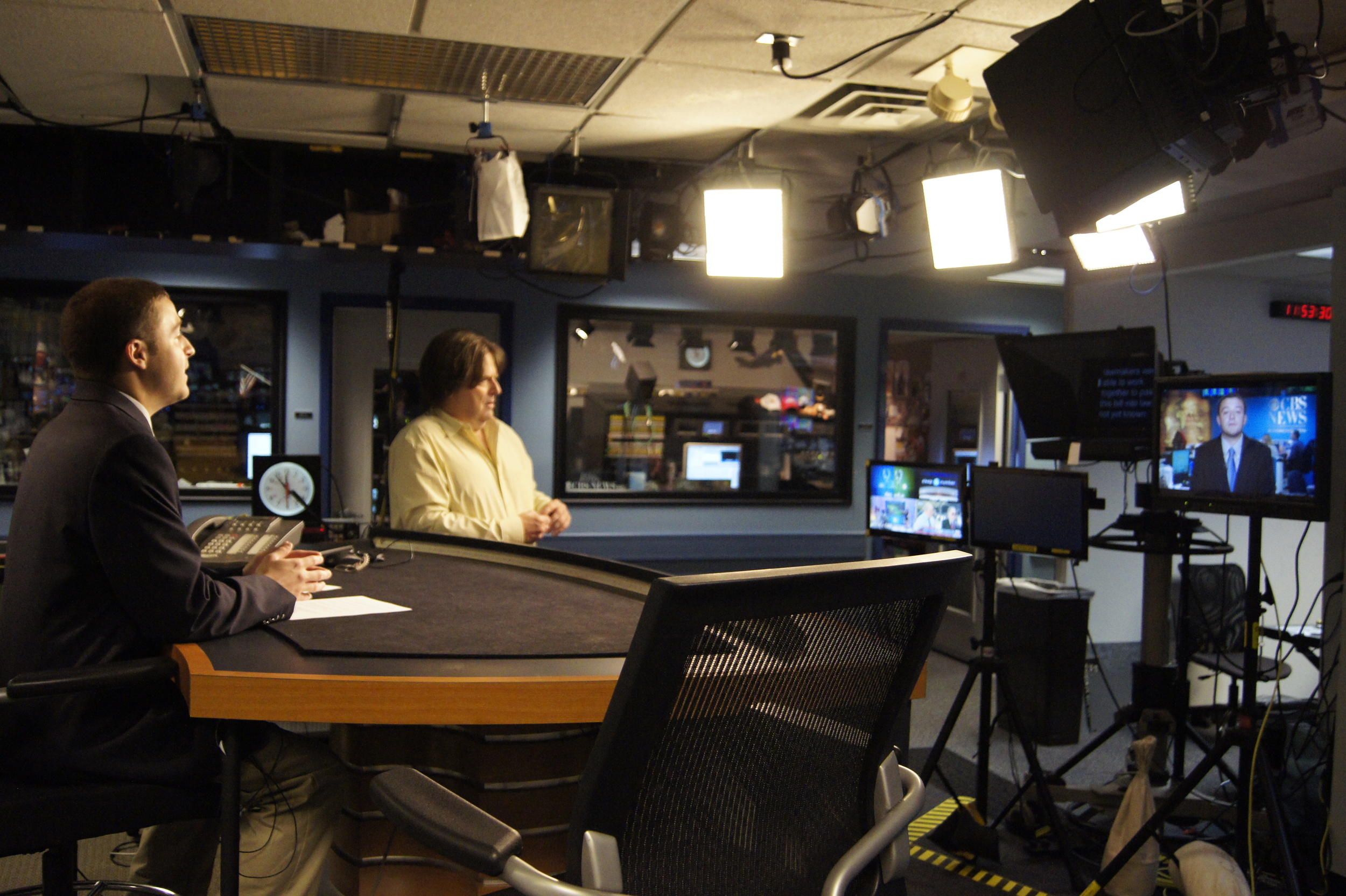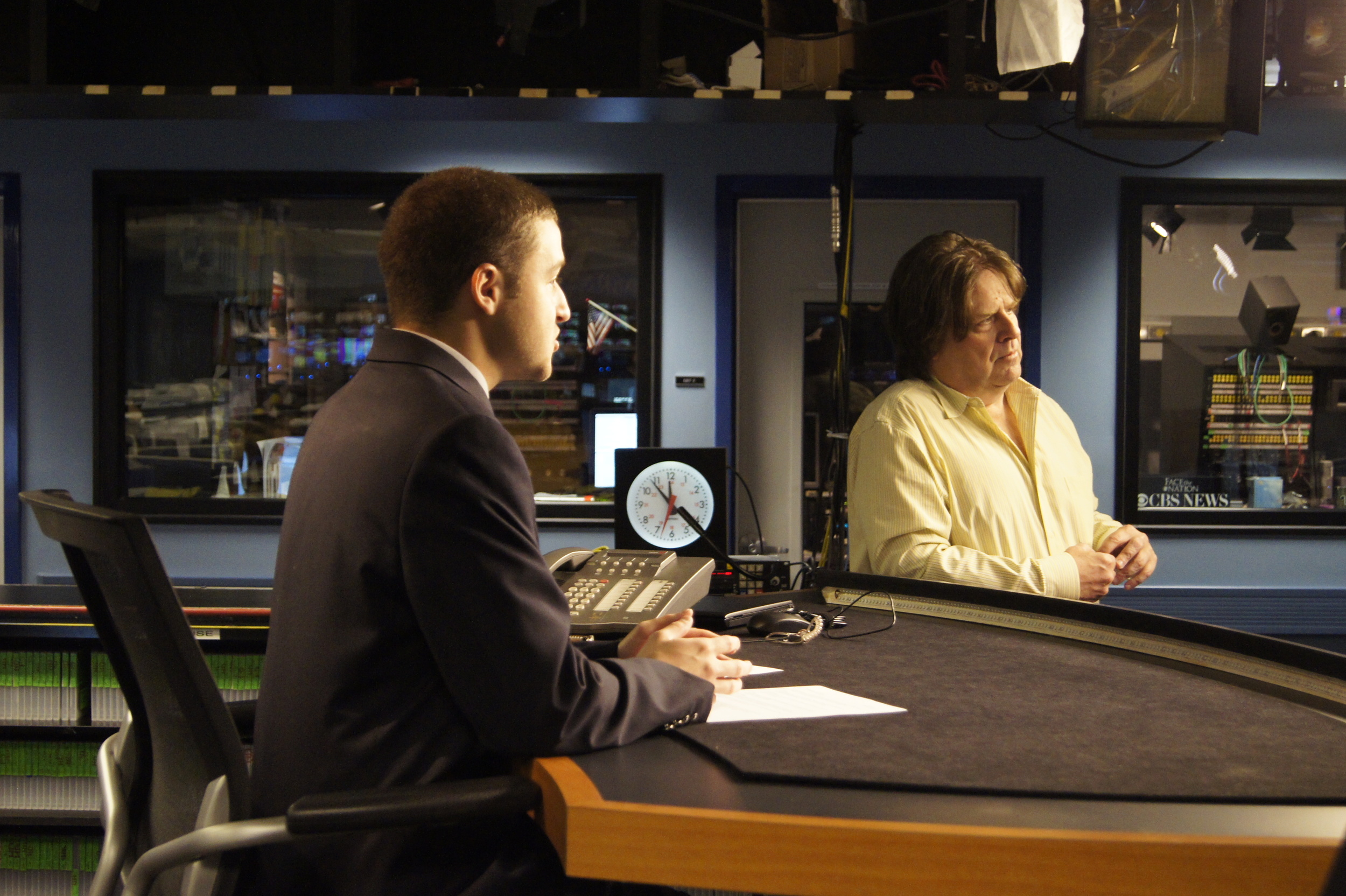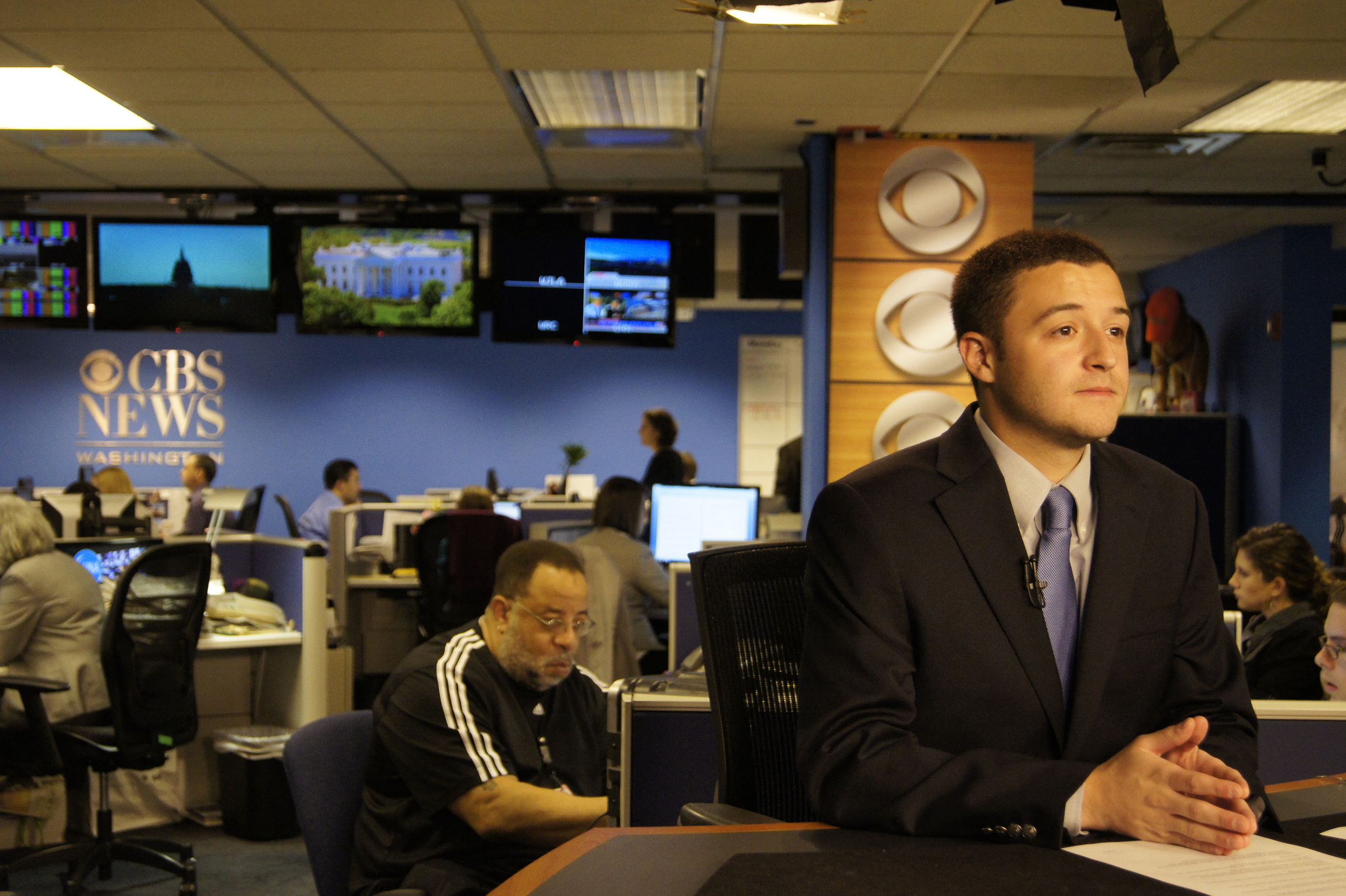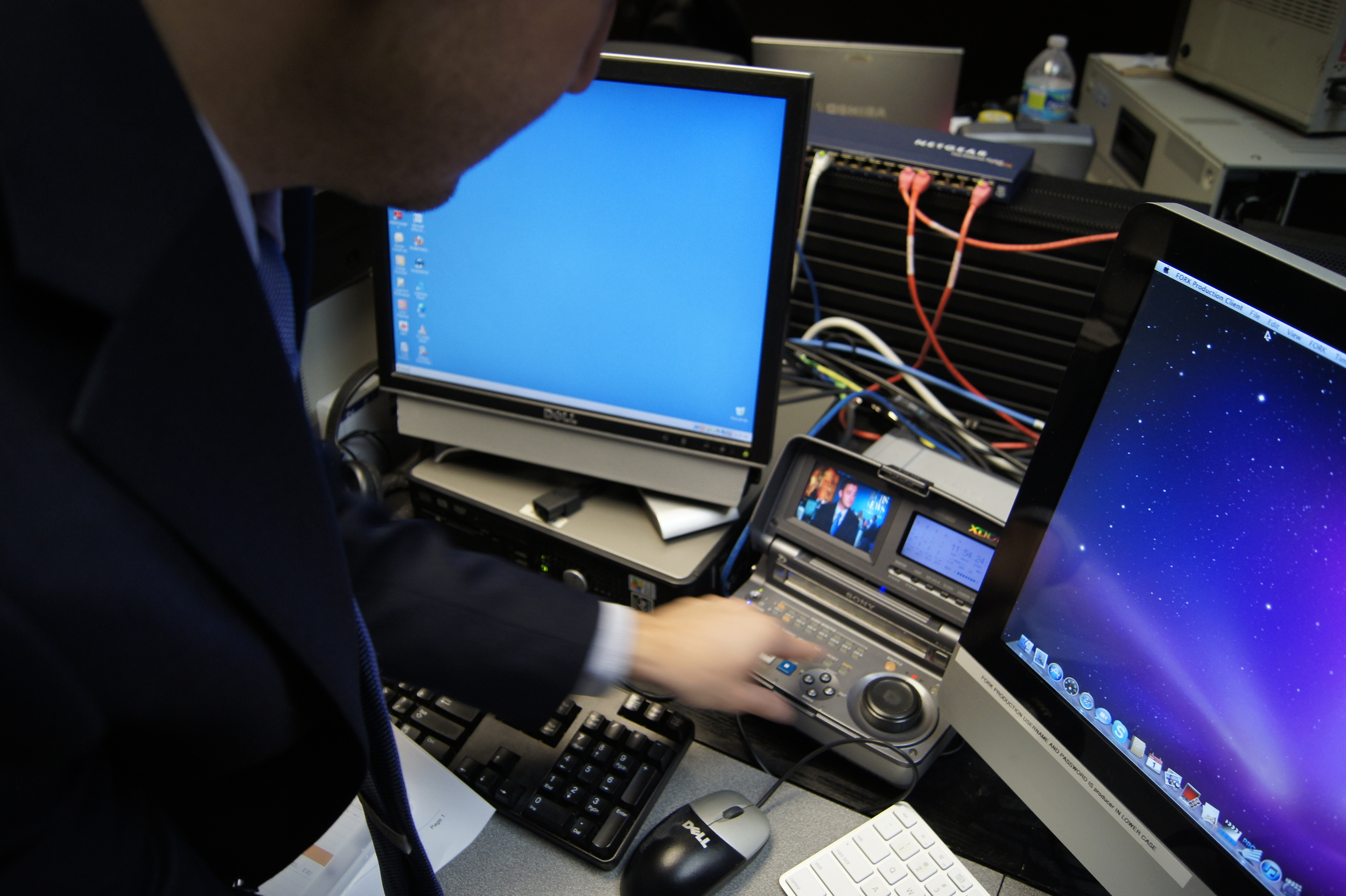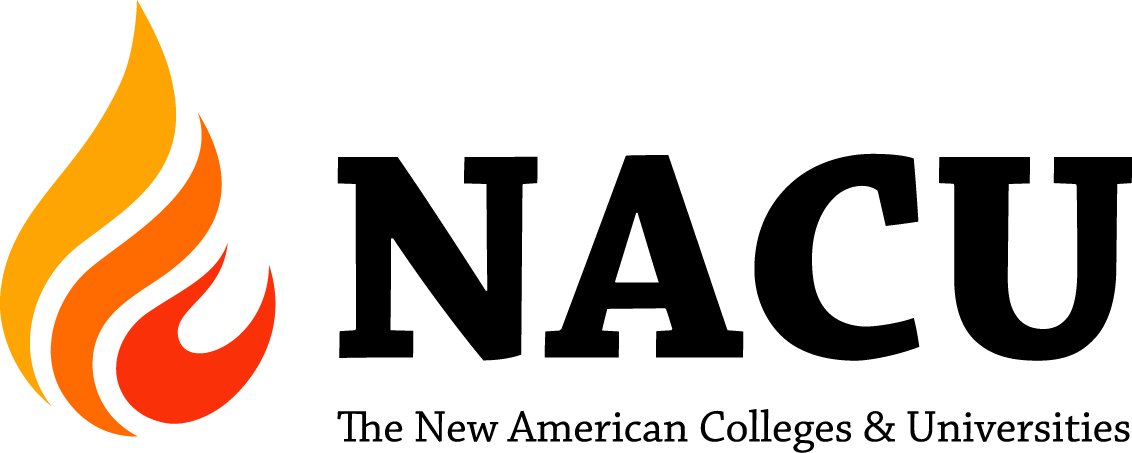"I get to work at 9AM and usually go straight to my cubicle where I am greeted by the two other interns who sit next to me. I usually check and answer the emails I received, and then head over to my supervisors office. I update both of them on what I did the previous day, and then we plan what my daily tasks are.
There isn't much fluctuation in what I do, since my role has been very clear since the start. I work closely with the Legislative Fellows Program and continuously update the candidates profiles who have applied. I then make sure that all their information is correct and included in the Excel spreadsheet created. This has to be closely monitored because on July 18th, all the Fellows will be coming to Partners of the Americas' office for Orientation before their experience in their host country. Consequently, my role is to make sure that this process goes smoothly and that they are as prepared as can be.
Additionally, in order to facilitate their experience, I am compiling a Social Media and Photo Documentation guideline. Both documents serve to help the Fellows in their time abroad to update Partners of the Americas and whomever else on their time away (this is done either via Twitter or Facebook). On one hand, the social media guideline brings together usable hashtags that can be related to the Program, as well as specific URLs linking them to key organizations (such as specific embassies). The Photo Documentation guideline on the other hand, is a user friendly document that highlights a step-by-step process in uploading pictures from their experience, as well as tips on how to take good pictures.
I also work on program outreach. This means that I research organizations dealing with citizen advocacy and participation, transparency and legislative processes in the 8 specific Latin American countries the Program works with (Brazil, Colombia, Dominican Republic, El Salvador, Haiti, Mexico, Nicaragua, Paraguay). This research is done in order to create new partnerships and target these organizations through social media to create awareness about the Legislative Fellows Program.
Lastly, a large task is a overhaul of the Programs' webpage and a Program's logo design. I am currently redesigning their both. This entails graphic design and/or editing of current texts in English, Spanish and Portuguese.I will consequently be updating the webpage during my time here, and finalizing the logo in order for it to be used on t-shirts.
Throughout my day, I fluctuate between these tasks and finish at 5:30. Before leaving, I go see both of my supervisors providing them with a debrief of my day and letting them know what I will continue working on the following day."
